Page 15 • (180 results in 0.04 seconds)
-
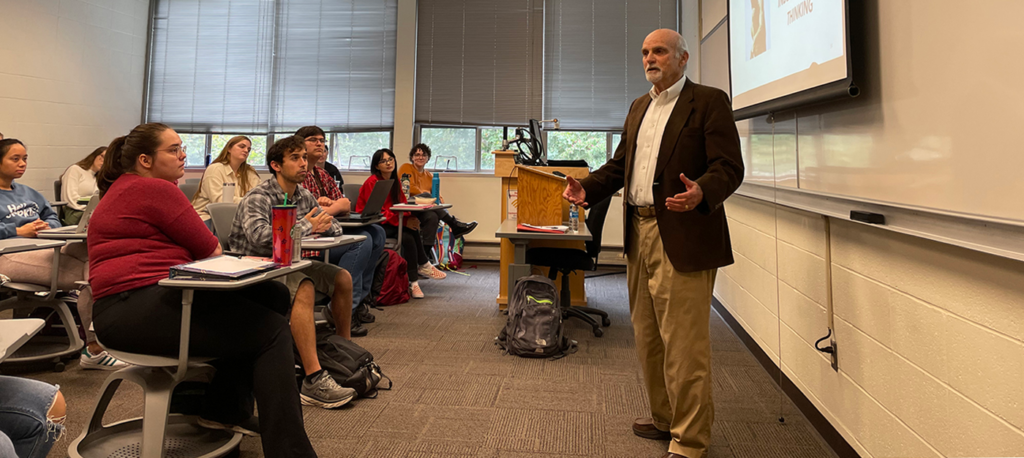
“There is nothing comfortable about studying genocide,” Beth Griech-Polelle, a Pacific Lutheran University history professor and the Kurt Mayer Chair in Holocaust Studies, says. “It’s filthy, violent, degrading, and the worst of humanity.” Yet Griech-Polelle says the study and discussion of these atrocities are crucial…
, Armenian, Cambodian, Rwandan and Native American genocides. Each genocide is its own unit with its own texts, explored both individually and comparatively, through a combination of historical texts, films, memoirs, and first-person testimonies. This fall, Marcus and Griech-Polelle had funding to invite survivors and/or descendants of survivors from each genocide studied in the course, thus giving students a more personal and immediate way to think about each genocide and its legacy in the present
-

By Damian Alessandro ’19 It’s awards season! Not the Academy Awards –although we do host awards parties at Pacific Lutheran University. I’m writing about the annual awards for innovation that have everyone whispering excitedly in the discipline of Innovation Studies. That’s right–its the Edison Awards…
review many of the innovations and inventors that are transforming our world. As a student of Innovation Studies here at PLU, I find it intriguing to review these diverse innovations each year and consider how they came to be. As we include different artistic, historical, ethical, and business perspectives in our coursework, it is fascinating to see how these dynamics have worked together in industry and shaped society. Many of the social innovations have made a lasting, positive impact in the world
-
Exchange program enriches campus living and learning Six years ago, Candice Hughes ’08 realized that, despite her ambition, college just wasn’t in the cards. As consolation, the Trinidad and Tobago native dreamed of figuring out a way to go back to school part-time in a…
learned a great deal about her culture. Culture is a key theme of the program. Due largely to its colonial past, Trinidad and Tobago are home to a rich mix of religions and ethnicities, from African and East Indian to Chinese, Syrian and Portuguese. Trinidadians express great pride in their diversity through a variety of festivals. The PLU program is designed to explain the deeper historical roots that anchor these festivals, Temple-Thurston said. According to Hughes, the knowledge she gained in the
-
Embracing the past to learn about the future To understand the future there is a need to understand the past. Angie Hambrick, director of the Pacific Lutheran University Diversity Center, said too many people have forgotten the past.“We’re so wrapped up in our present,” she…
March 14, 2011 Embracing the past to learn about the future To understand the future there is a need to understand the past. Angie Hambrick, director of the Pacific Lutheran University Diversity Center, said too many people have forgotten the past.“We’re so wrapped up in our present,” she said. “There’s a connection between the past and what’s happening in the present. You can’t forget about history.” Hambrick said it is the lack of historical knowledge that led to the development of this
-
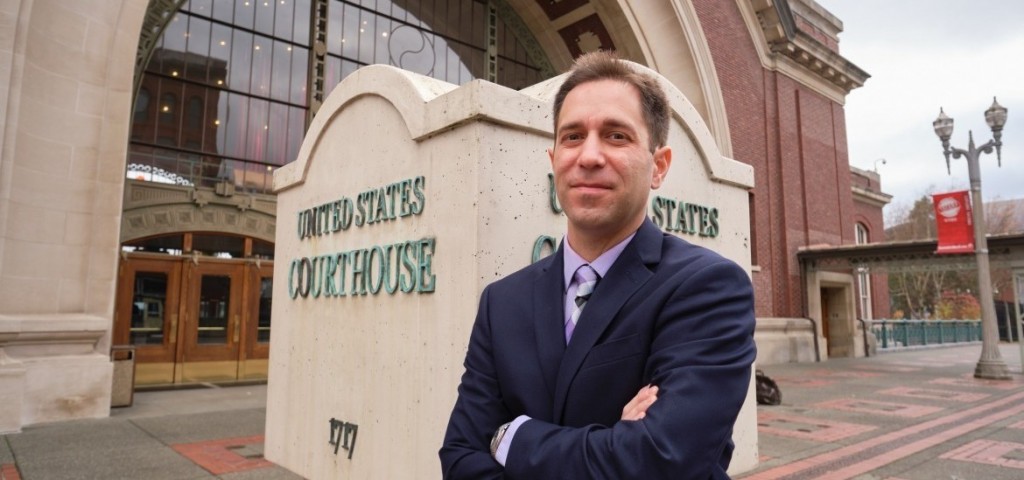
When Jordan Levy first visited Honduras in high school, he had no idea that someday he’d be serving as an expert witness on Honduras in the U.S. court system. He first visited the Central American nation to perform volunteer work, and then returned annually throughout…
essential. His declaration on the unique vulnerabilities faced by Honduran school-age children abandoned by their families was cited nearly 50 times in the most recent lawyers’ court briefing. “I view my role as not judging the credibility of the claim,” he says, “but as putting the claim in a broader historical and political context. The lawyers know about immigration law but not Honduran society. Researchers can fill in a valuable knowledge gap.” Young men–especially those of indigenous descent–face a
-

Michael Halvorson ’85 was a technologist before he was a historian. His PLU undergraduate degree is in computer science and he worked at Microsoft for the first 10 years of his career. He spent the next 15 years writing books about software and emerging technology.…
it is. Straight forward and also exciting. I think it’s interesting that the study of innovation, for you, starts with learning from historical contexts. Since WWII, nations around the world have focused on technological innovation, imagining that product development and new initiatives will boost their economies and measures like Gross Domestic Product (GDP). Innovation now is considered a positive thing, but it hasn’t always seemed beneficial. It used to be that new ideas were viewed cautiously
-
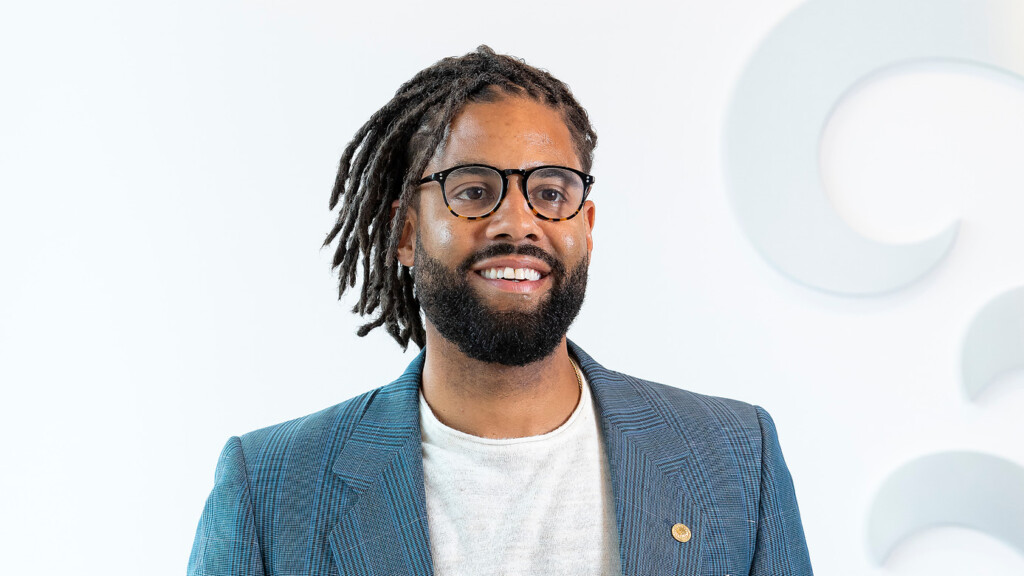
PLU graduate Aaron Bell ’04 learned early on that life is full of pathways — and that it was his responsibility to pursue his interests with passion to find his purpose. He grew up in Wisconsin where he was a standout student — an Eagle…
consultancy shop. I got to see that hundreds of people with non-traditional resumes in finance were finding great gigs, making good money and seemingly independent. And I was like, ‘Wow, I guess I could segue with my behavioral background.’ And that’s how it started.”Psychology at PLUPLU’s psychology major provides a core set of courses covering research methodology, statistics, and historical and systemic perspectives. In addition, professors offer seminar-level courses in their own specialties, ranging
-

Each election cycle I’m reminded of how incredibly multi-disciplinary the responsibilities of our elected officials have become. Similarly, the challenges faced by the leaders of the world’s most successful corporations and NGOs grow ever more global, complex, and nuanced, seemingly by the day. Very few,…
course of their future careers. Faculty members I talk to often say that meeting the challenge of “naming” the value of their disciplines to nonmajor and undecided students is crucial to how such students engage their courses. Some say they do this by telling origin stories or the greatest historical accomplishments of their field. Others point to the elements of their discipline that are highly sought after by employers across all sectors. When students can discern the value specific to their
-
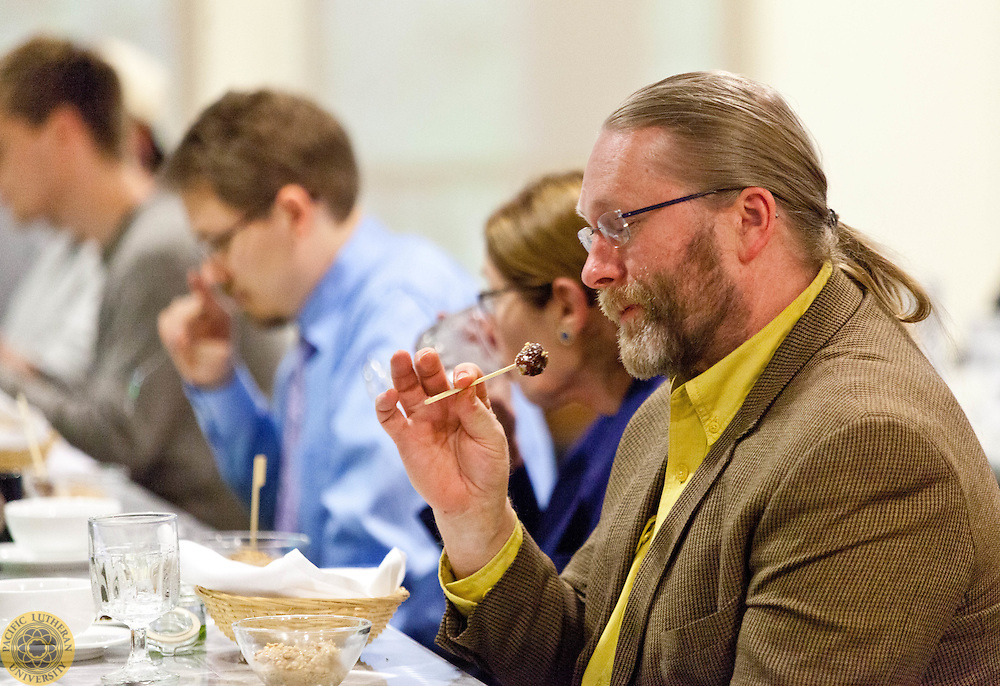
As you know, PLU went through a difficult process of prioritization this year, responding to lower enrollments and seeking to proactively budget for a sustainable future rather than wait until we reached emergency conditions. This led to hard conversations and hard choices, ultimately made by…
, PLU’s Classics program is a flagship for the liberal arts side of PLU’s mission and identity. When I talk to prospective students, I use the Classics as a key example of how we achieve our mission. PLU believes that we can best prepare students for thoughtful inquiry, leadership, service, and care by giving them a sense of the historical foundations from which our current world has come, by teaching them long-tested tools of critical thinking that will help them no matter what work they do and where
-
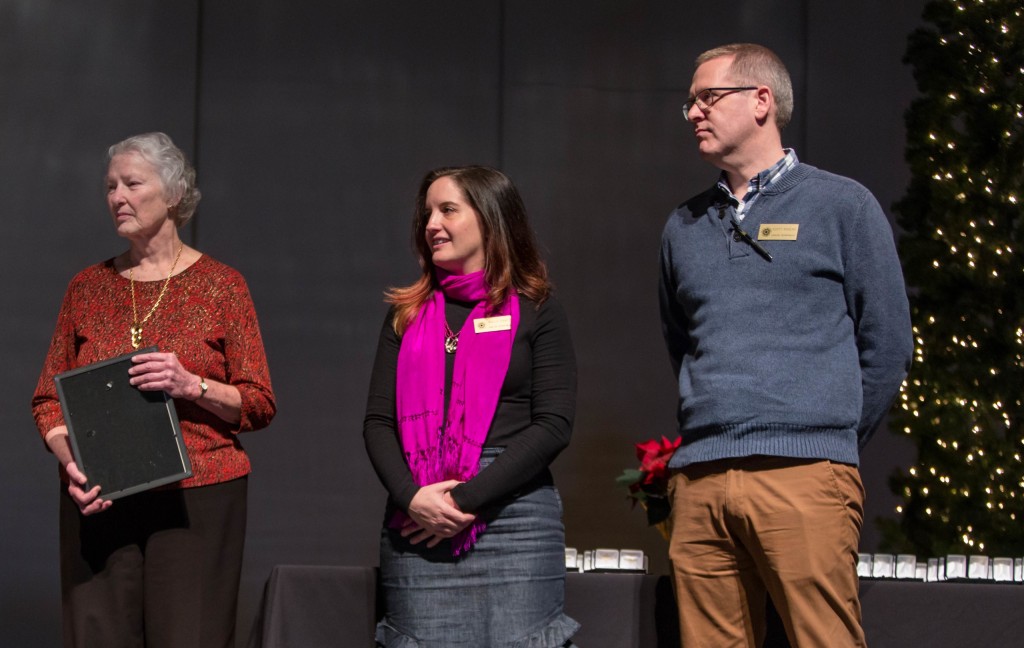
“Inquiry. Collaboration. Development. Those are the three words we choose to define the work we do at the lab.” – Dr. Adela Ramos The Digital Humanities Lab, or DHLab, is a creative space at Pacific Lutheran University that offers support to faculty and students seeking…
with inquiry. Students and faculty have question(s) they want to pursue and the DHLab is eager to help. Collaboration, Dr. Ramos explains, is the nature of the digital humanities. Everyone working in the Digital Humanities is an expert in certain areas. As such, it is necessary for different people to be working together: “Dr. Rogers or I have the technical expertise and the faculty member or the student that comes to ask for help has historical or theoretical expertise. Therefore, it is always
Do you have any feedback for us? If so, feel free to use our Feedback Form.


